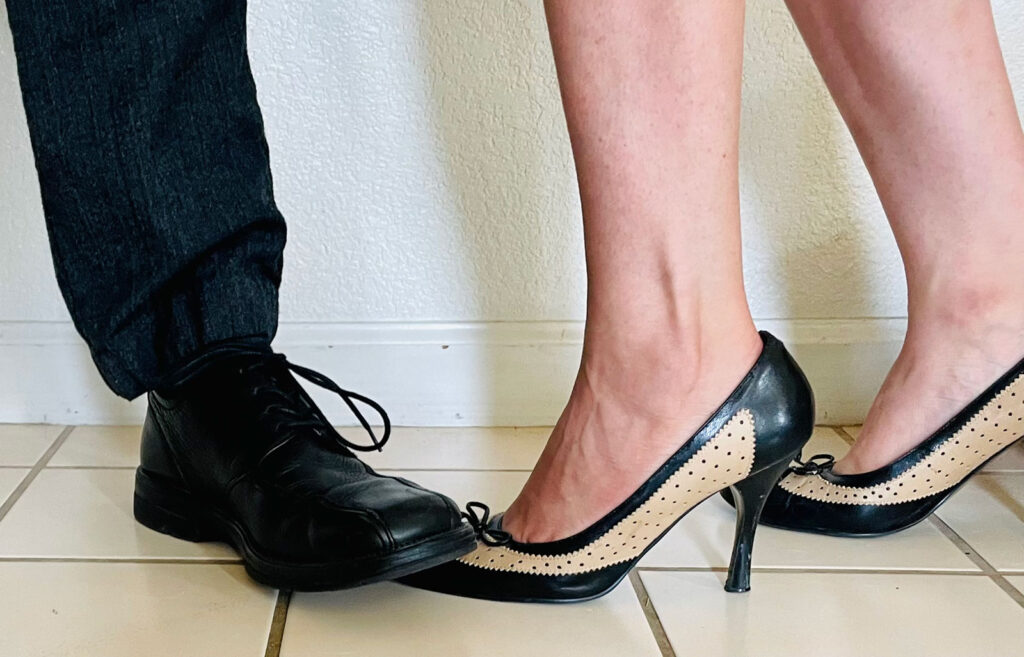Sexual favoritism can create a hostile work environment, even for those who are not sexually propositioned.
California law provides that plaintiffs may establish the existence of a hostile work environment, even when they themselves have not been sexually propositioned. Widespread favoritism based upon consensual sexual affairs may imbue the workplace with an atmosphere that is demeaning to women due to managers viewing women as “sexual playthings” or because the way required to secure advancement may be to engage in sexual conduct with managers.
In measuring sexual harassment claims, the courts look for evidence of “sufficiently severe or pervasive” conduct that “alters the conditions of the victims’ employment” such that a jury reasonably could conclude that the conduct created a work environment that qualifies as hostile or abusive to employees because of their gender. The real social impact of workplace behavior often depends on a constellation of surrounding circumstances, expectations, and relationships, which are not fully captured by a simple recitation of the words used or the physical acts performed.
Common sense, and an appropriate sensibility to social context, enables courts and juries to distinguish between simple teasing or roughhousing and conduct which a reasonable person in a plaintiff’s position would find severely hostile or abusive. See the California Supreme Court case of Miller v. Department of Corrections that was decided in 2005.



